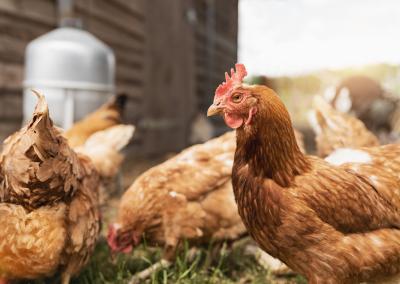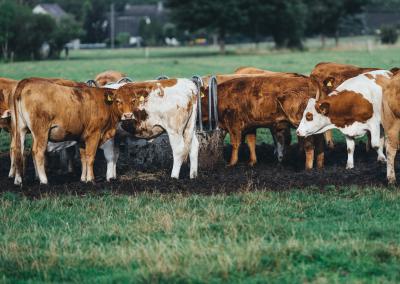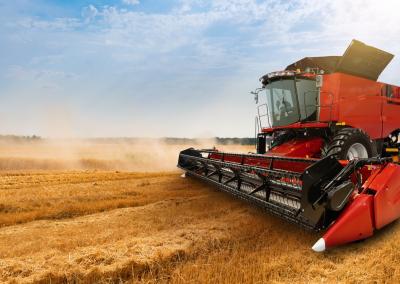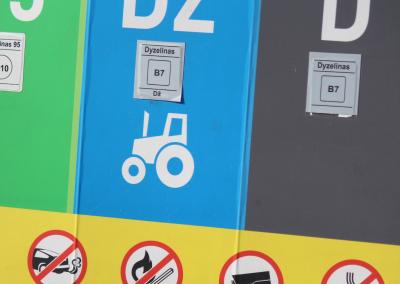In England, it's a huge disgrace
The scandal of the use of illegal substances in the sport of steeplechasing, where the endurance of the horse is crucial, is now widely discussed. We talked to Linas Balčiūnas, a professional horse trainer in our region. L. Balčiūnas, who used to train the racehorses of Queen Elizabeth II of England, has a lot to say. In England, trainers are deeply ashamed if they are found to be testing for illegal substances. It's a very big disgrace," says L. Balčiūnas.
England takes this very seriously
Linas talks about how horses are tested in England, where, he says, everything is taken very seriously because the prize money is so huge and horses are tested very carefully.
„Each race tests the winning horse – and in addition another horse – any horse. There are 10–12 races per race day. There are races every day," he notes.
He estimates that the horses he has trained in England have also been through this procedure at least ten times. He explains the procedure: „When the horse comes first, it's obviously a great feeling: you go, you saddle up, you don't leave the judges' circle yet. Then it is announced that the horses can be ridden under veterinary supervision (there are usually plenty of vets on duty).
After the horse is brought in, the guard introduces himself, then the horse goes into a special stall which is prepared for this & lined with new bedding. The horse is brought into the stall, locked in. And, you know, new place, new bedding, and the horse pees itself, so samples are taken quickly. Everything is done under the supervision of the horse handler – the horse handler signs that he/she has observed the procedure. The vet who took the sample also signs. The sample is sealed and placed in a box. Blood is taken in the special case of no urine collection. In addition, the relevant services may come to the stud at any time to check the veterinarian's notes.
A lot of knowledge is required
„Vet's notes have to be filled in very responsibly, what medications have been given“, – says. He gives an example from his own experience: a horse had a minor injury and the local vet suggested giving pain killers, which stay in the blood for half a year. Stimulants may remain after treatment.
„So you have to be very aware of these things to avoid misunderstandings“, – points out.
Lin particularly liked the advice of one vet: if you feel, see, see that something is wrong with your horse, that it is sick, that it is unwell – leave it alone, don't take it to the competition and wait for it to recover. If in doubt, it is better not to go to the competition. It is better to take one step backwards than five later–, – this is also Linas' opinion.
Horses should also not be fed with various additives that artificially increase their physical endurance and performance (known in human sport as doping).
In Lithuania, it is suspected that excessive amounts of stimulants are being added to horse feed, although the producers strongly deny this, claiming that there are no unauthorised substances in their products. Linas says that he has been using horse feed for 15 years, and that the whole of Lithuania has been using it for horses, but that both horse breeders and producers need to be involved in order to determine whether the feed contains excessive amounts of unauthorised substances.
The competition must be very well organised. „The stalls must be ideally prepared for the competitors – even in the stalls a horse can let something loose and it will be detected when samples are taken. There are a lot of nuances," he says.„That's why everything must be taken very seriously“, – L. Balčiūnas reiterates.













































































































